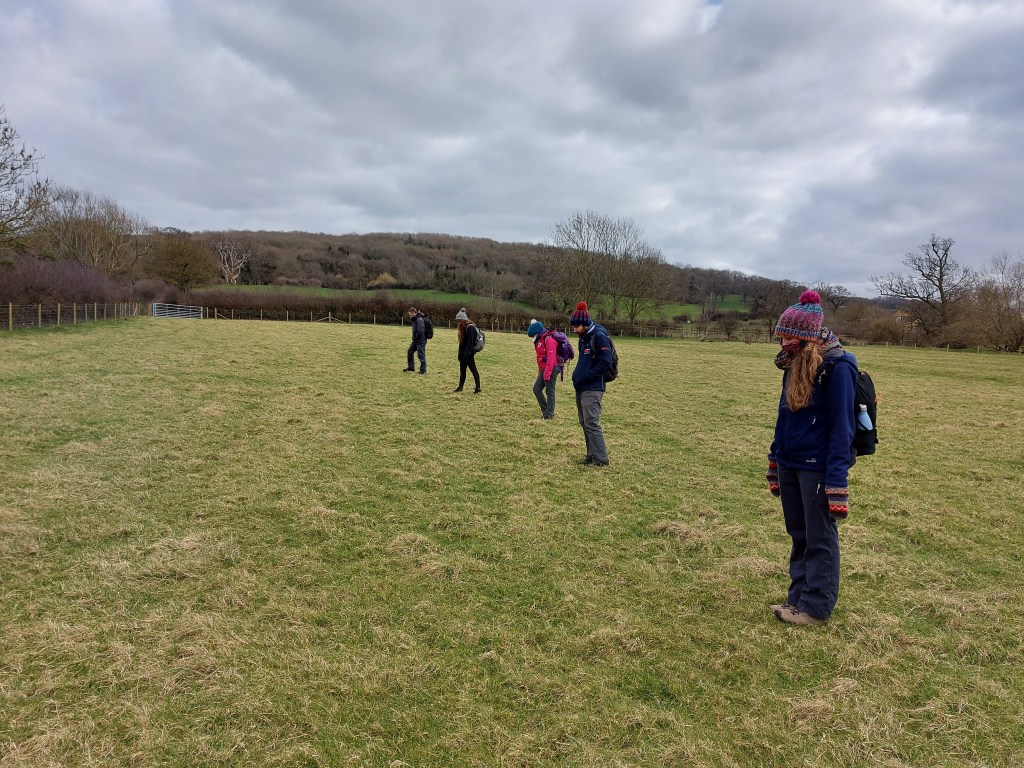The UK Fireball Alliance
The UK Fireball Alliance (UKFAll) is a collaboration of camera networks that aims to record meteors and fireballs and recover freshly fallen meteorites in the UK.
Report a Meteorite
If you think that you have found a meteorite on the ground after reports of a large fireball over the UK please report it here.
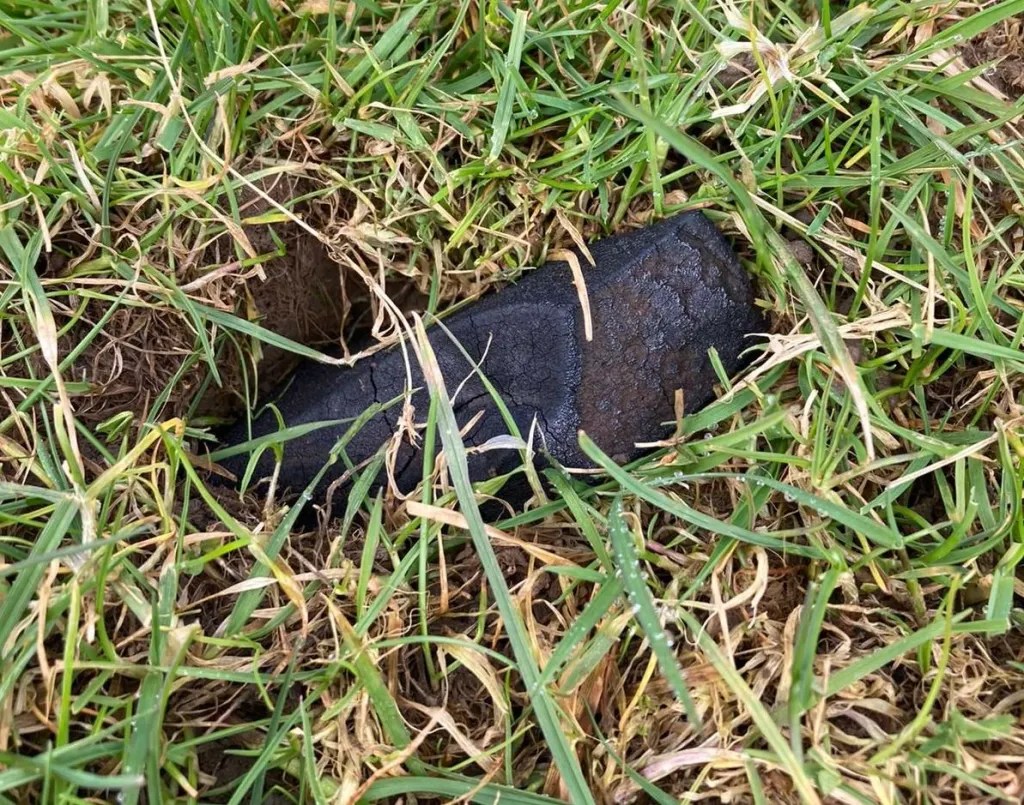
Report a Fireball
Have you seen a fireball over the UK? Your reports help us calculate the trajectories of dust and rocks as they enter Earth’s atmosphere.

Past UK Fireball Events
Find out more about recent fireballs recorded over the UK by the UKFAll network.
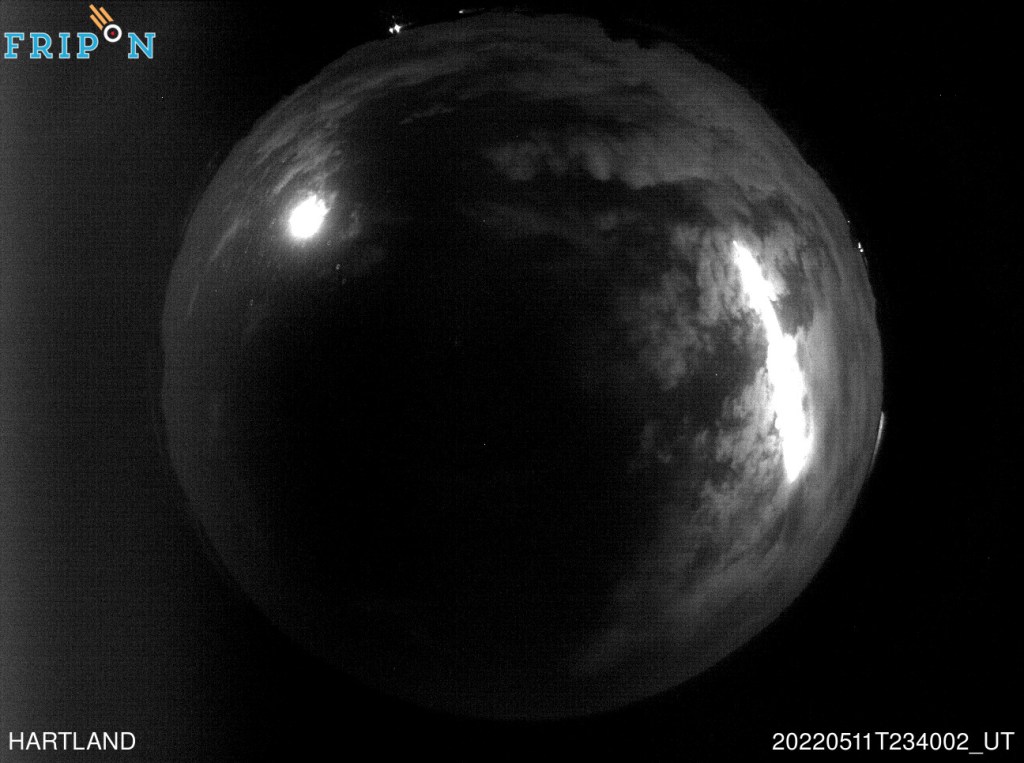
The Camera Networks
Find out how you can get your own meteor camera and contribute to UKFAll by joining one of the UK’s meteor networks.
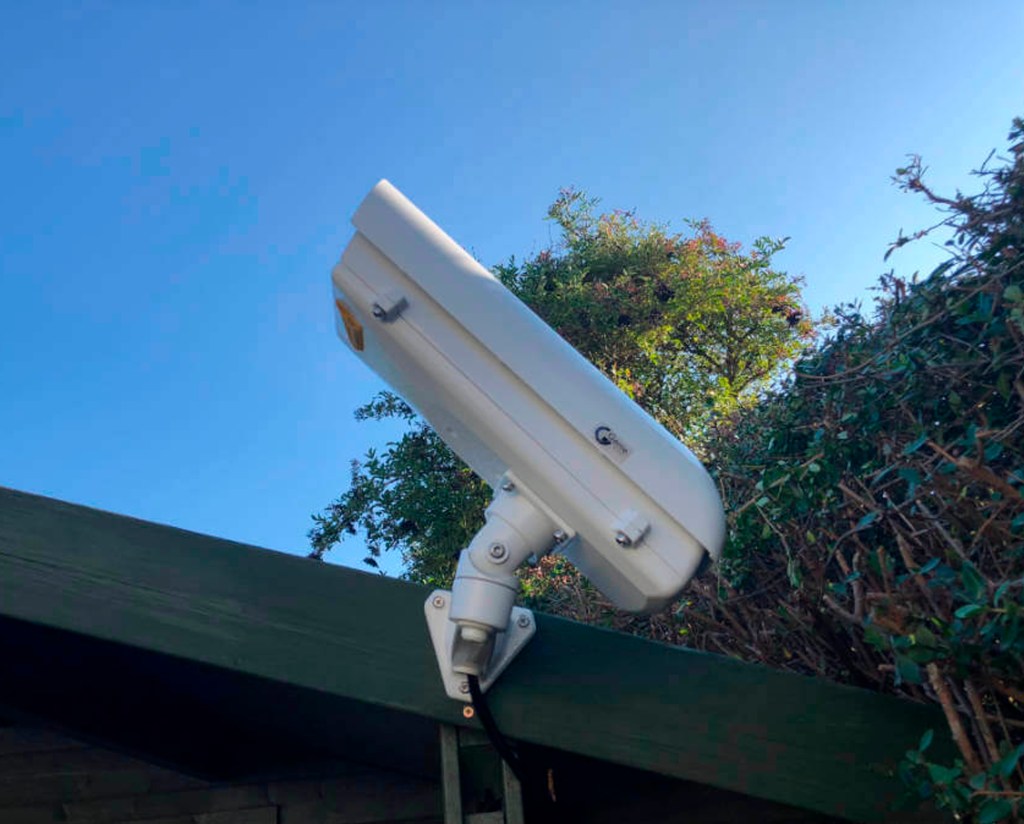
The Science
Find out more about meteor camera networks and why we aim to recover freshly fallen meteorites.
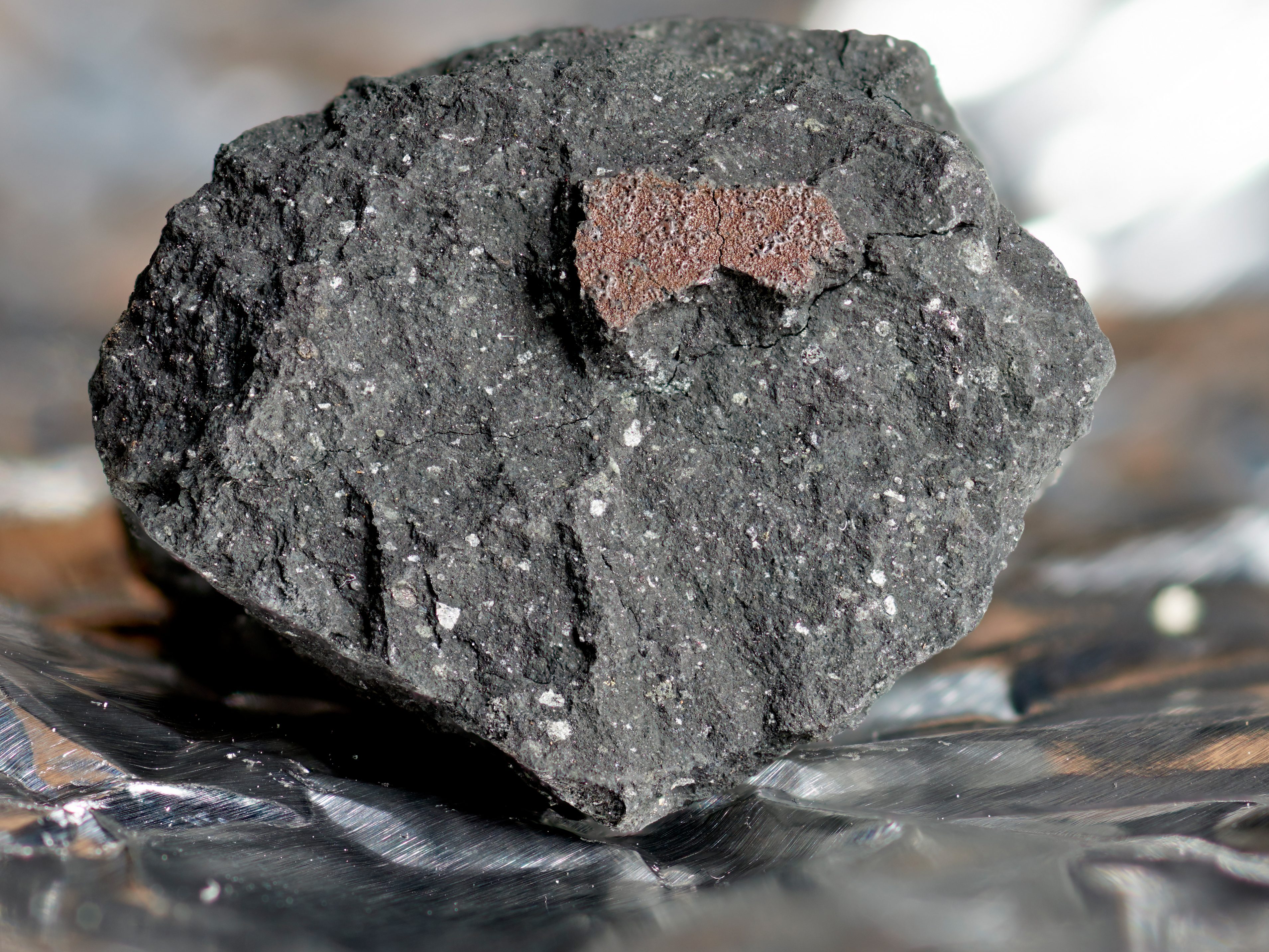
Project talks and vidoes
Find out more about the UKFAll by watching public presentations we have given about the project
